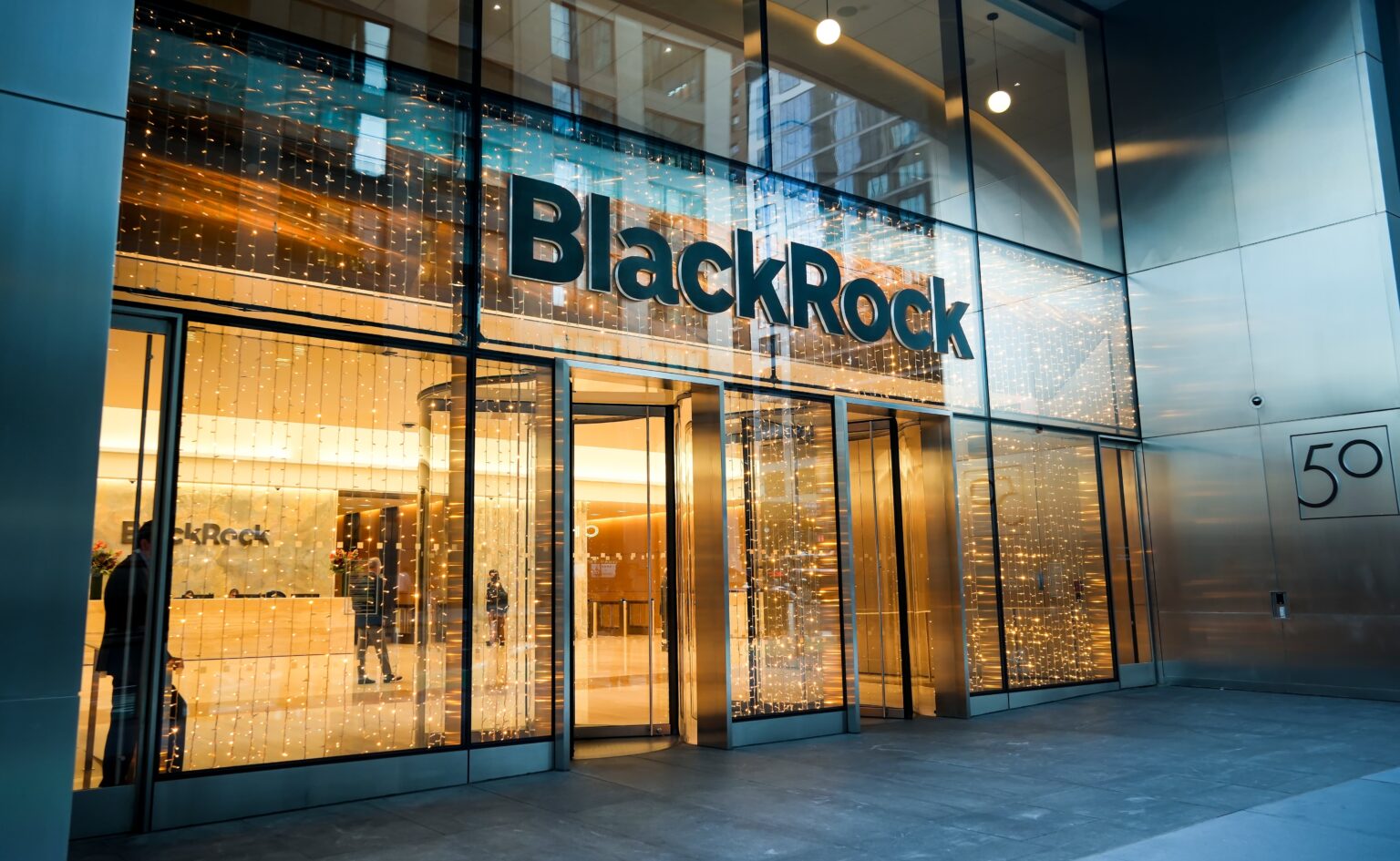Texas and 12 other Republican-led states accuse BlackRock, Vanguard and State Street of using their collective market power, and their public commitment to curb climate risks, to pressure coal producers into shrinking output, allegedly driving up electricity bills and violating U.S. antitrust law.
The suit, filed in a federal court in Texas, contends that the three asset-management giants coordinated through industry climate initiatives such as Climate Action 100+ and the Net Zero Asset Managers alliance to influence corporate strategy, rather than simply exercise normal shareholder oversight. Together, the firms oversee roughly $27 trillion, giving them unmatched proxy-voting clout across the U.S. economy.
BlackRock’s Defense Strategy
In Monday’s dismissal hearing, BlackRock’s counsel, Gregg Costa of Gibson Dunn, branded the complaint “unprecedented, unsound and unsupported.” Costa argued that the states never demonstrate an actual restraint of trade: the managers still hold substantial fossil-fuel positions, and their proxy voting on climate resolutions has barely shifted over the past three years.
“Owning shares and talking about climate does not equal a boycott,” he told the court, emphasizing that antitrust law targets price-fixing or output caps agreed among competitors, not asset-owners voicing long-term risk concerns.
BlackRock further stressed that its stewardship reports show no directives telling coal companies to shut mines or slash tonnage, undermining the claim of a coordinated output squeeze.
States’ Counter-Argument
Lead plaintiffs’ attorney Brian Barnes of Cooper & Kirk countered that the harm need not be written in an explicit cartel-style agreement. By “jawboning” management about decarbonization goals, the funds allegedly changed executives’ incentives, prompting earlier mine closures and constrained investment in new coal capacity.
Barnes said utility customers ultimately foot the bill through higher power prices, satisfying the antitrust requirement of consumer injury. He pointed to public letters and alliance statements in which the three firms urge emitters to adopt Paris-aligned transition plans as proof of a concerted effort.
Even if each manager acts independently, he argued, joining cross-industry climate clubs creates the “hub-and-spoke” structure courts have condemned in past competition cases.
Broader Implications For ESG And Competition
Whichever way the judge rules, the case is poised to shape how big passive-fund providers integrate environmental, social and governance (ESG) factors. A dismissal would reaffirm that shareholder engagement on climate is protected speech, giving managers latitude to weigh material sustainability risks without antitrust exposure.
A trial, by contrast, could chill collaborative initiatives across Wall Street: many firms have already withdrawn from Climate Action 100+ to avoid political heat. Legal scholars also warn that success for the states could open the door to suits over other causes—gun safety, opioid marketing or diversity efforts—whenever activists persuade multiple investors to act.
For corporate boards, the uncertainty compounds an already fraught landscape in which ESG faces pushback from both state regulators and activist investors demanding faster progress.


